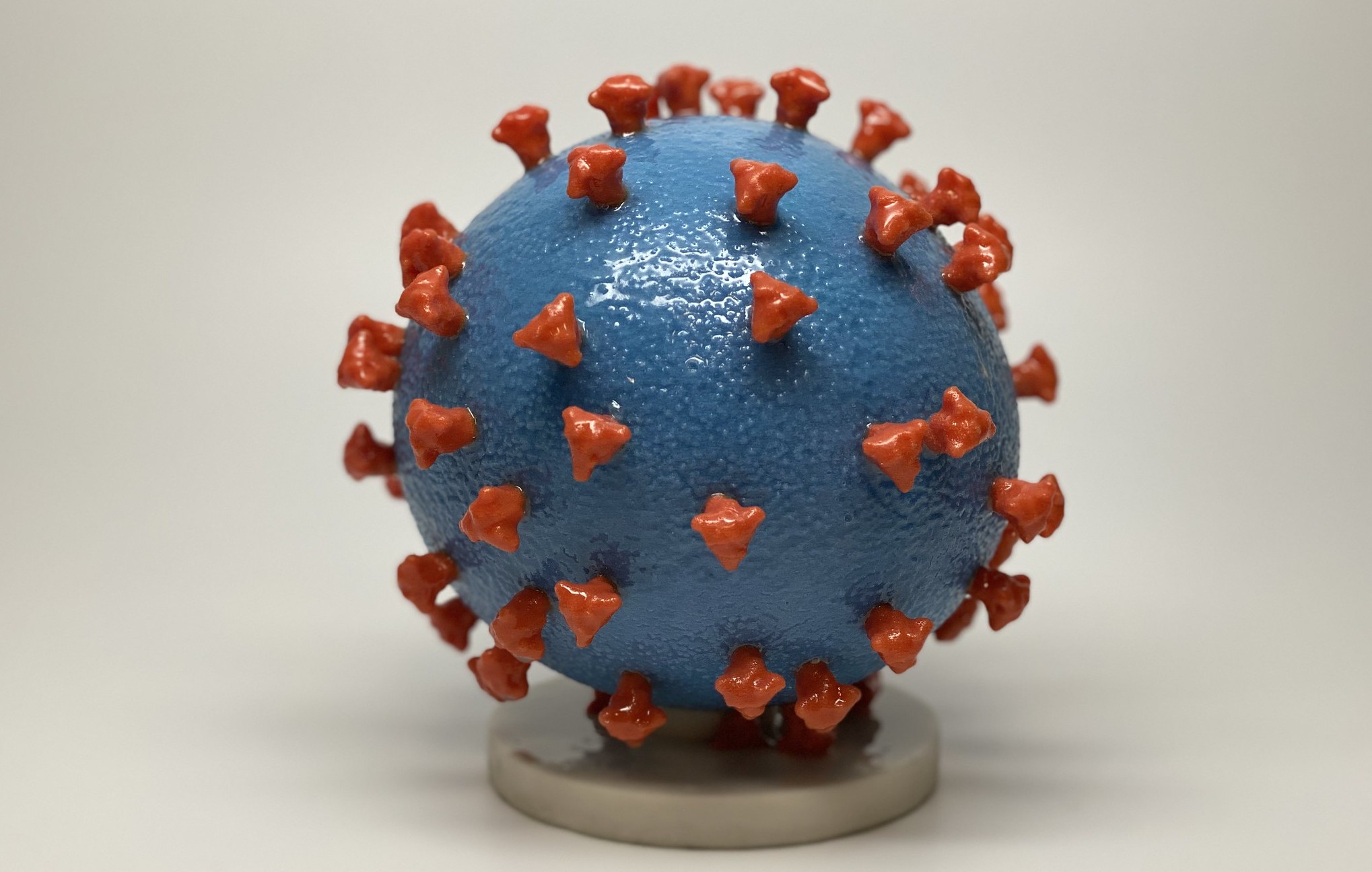As researchers learn more about COVID-19, they’re also learning more about its long-term effects. A small proportion of people who’ve had the disease also have symptoms long after the initial infection. The condition is known as “long COVID,” and for some people, it persists even six months after infection.
Dr. Esther Melamed is researching the condition with colleagues at UT-Austin’s Dell Medical School. She’s an assistant professor of neurology there. Melamed told Texas Standard one curious aspect of long COVID is that you don’t need to have had severe symptoms; some people with the condition never needed intensive care and some were even asymptomatic.
One explanation she’s researching is whether the coronavirus triggers an autoimmune reaction in some people, causing them to feel fatigue, headaches, pain and neuropsychological symptoms for months.
“Perhaps that may be one of the factors that could explain why people with mild or asymptomatic COVID may continue to experience symptoms post-COVID,” she said.
People with comorbities like obesity, high blood pressure, diabetes or mental health issues may also be more predisposed to COVID-19 and long COVID, Melamed says. Research is also showing that while men are more likely to have severe COVID-19 symptoms, women appear more likely to be long-haulers. Melamed says that could be attributed to genetic differences, or even behavioral differences.
“It’s unclear whether this is true genetic difference or environmental difference, or it may be that women are seeking care more often than men are,” Melamed said.
So far, Melamed says it’s unclear whether different variants of the coronavirus are responsible for different symptoms, including the ones associated with long COVID.
“With every new finding, there are 10 new questions that are raised,” she said.















